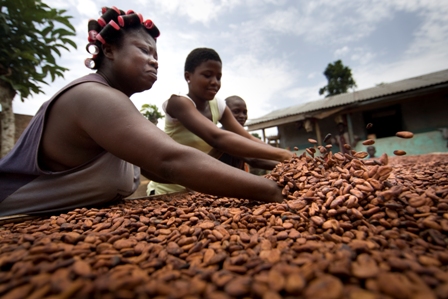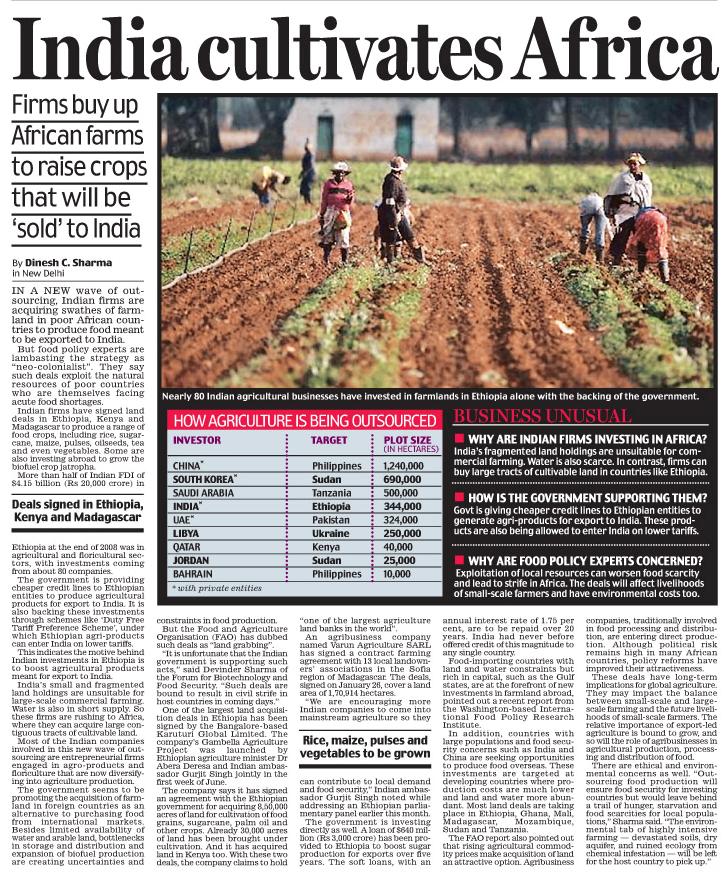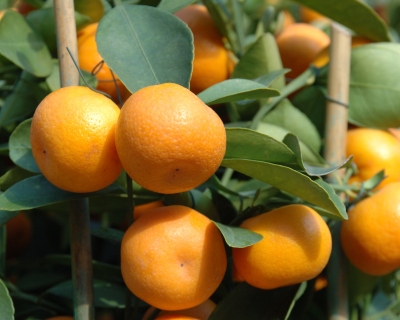Aumenta el interés extranjero en la compra de tierras agrícolas brasileñas
- Radioagencia NP
- 16 July 2009
Los inversionistas de Arabia Saudita y de China están cada vez más interesados en adquirir tierras agrícolas en Brasil.

Los inversionistas de Arabia Saudita y de China están cada vez más interesados en adquirir tierras agrícolas en Brasil.

I wonder how many other behind-the-scenes transactions are currently underway in the continent that will only be announced when the deals have been signed and perhaps money has exchanged hands.

We already see the Chinese interest in buying land in Latin America to manage a production here and, little by little, take hold of shipment logistics to China. This is both dangerous and counterproductive for Latin Americans.

The Sudanese president Omer Hassan Al-Bashir told the African Union summit in Libya that Sudan is willing to put its resources at the disposal of the continent.

When people are using lands under customary tenure arrangements, there is an inequality in bargaining power where no formal titles to the land exist if a foreign investor is interested in purchasing the land.

Latin America is surely one of the most attractive places for China to invest in arable land and food industries.

Greg Mason, from the Queensland Department of Primary Industries, says countries and regions facing 'peak water' like China, India and the Arab states are looking to solve food shortages by growing crops in places like the Ukraine and Australia.

Indian firms have signed land deals in Ethiopia, Kenya and Madagascar to produce a range of food crops for export to India.

Amid fears of land-grabbing foreigners, Thailand's Democrat government is all set to give local landlords a big bonanza.

Despite criticism for Chinese efforts to acquire large-scale farmland in Africa, China is seen continuing to aggressively pursue acquisitions in other countries. says Michael Whitehead, executive director of the food and agribusiness research and advisory unit at Rabobank International.

KKR said that the company planned to build or acquire up to a further 30 large-scale farms over the next few years.

Sudan and China are expected to sign a number of joint projects in the agricultural field